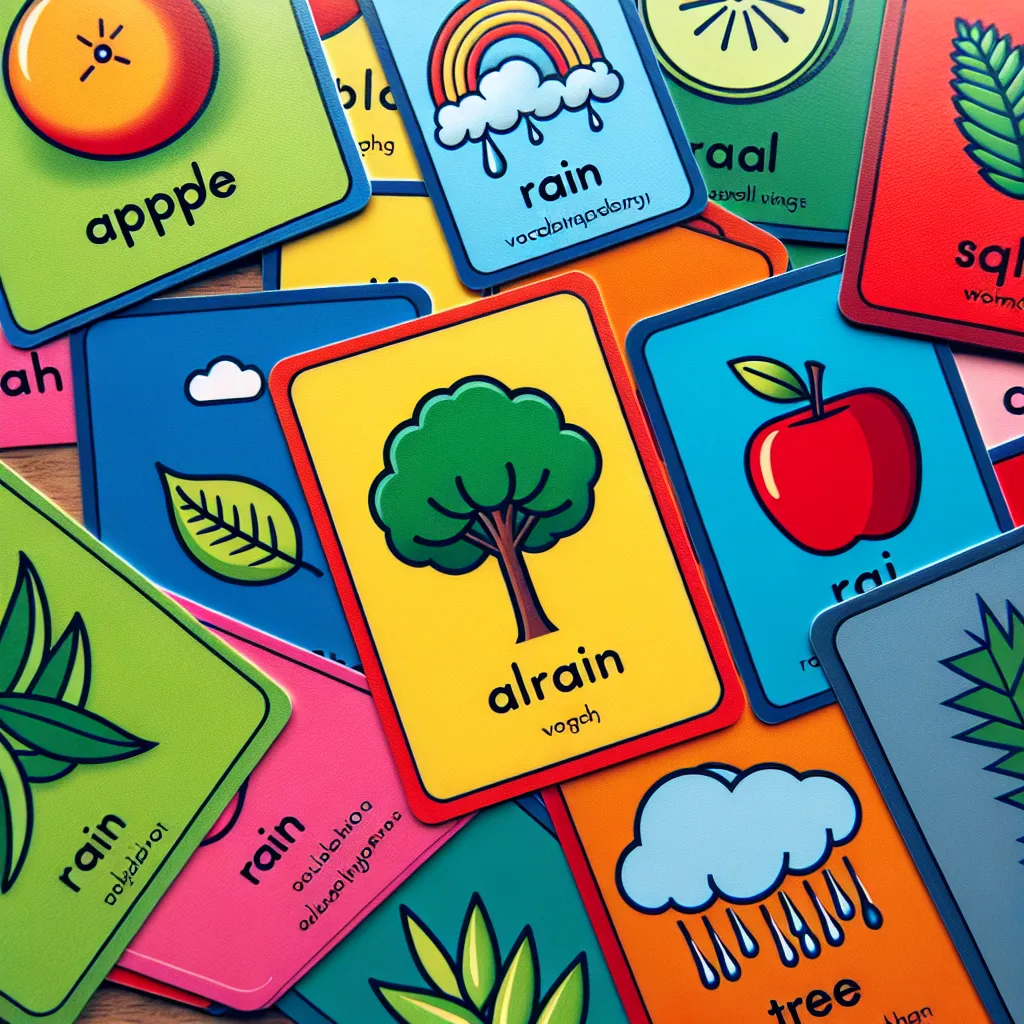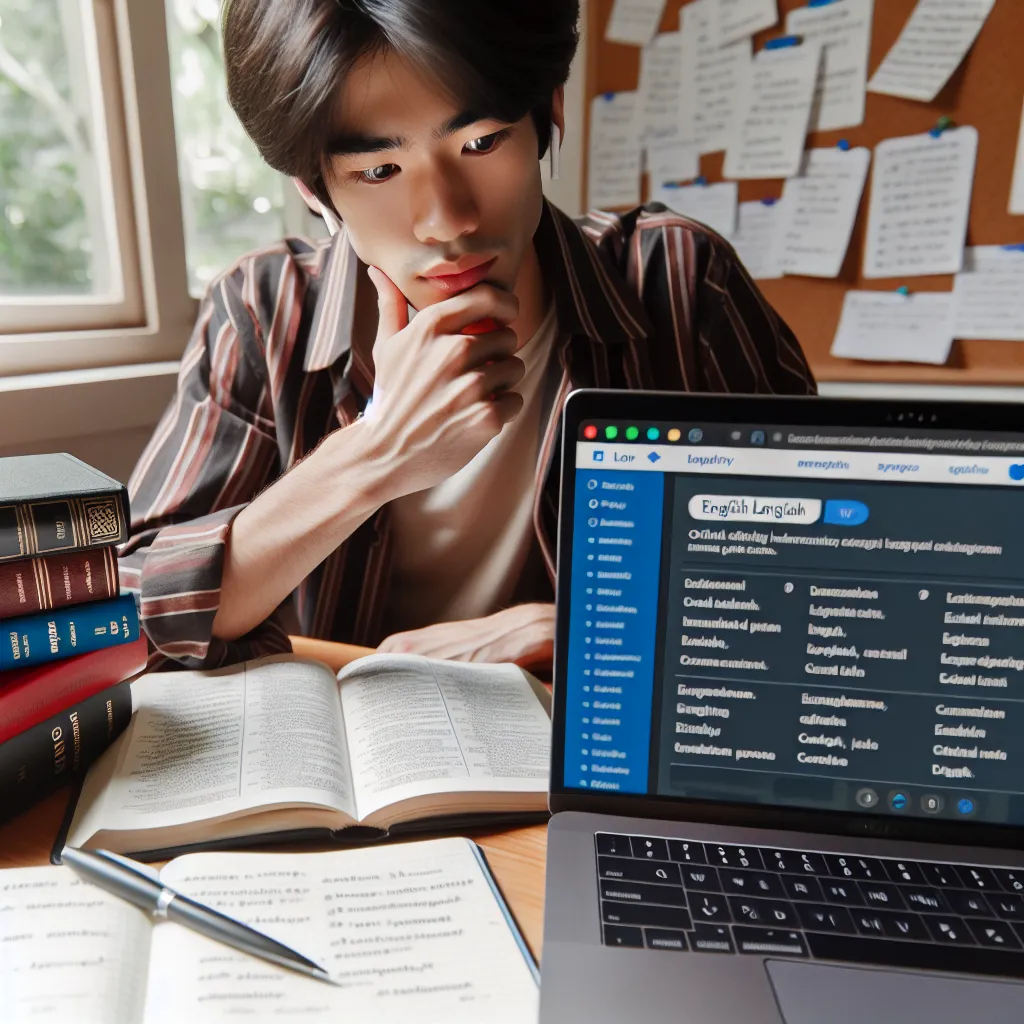When you embark on the journey to learn English, finding the right study techniques can be crucial for your success. Whether you are a beginner or an advanced learner aiming to refine your skills, this guide provides detailed and actionable strategies that cater to various learning needs.
Understanding English Study Techniques
What Are English Study Techniques?
English study techniques refer to the methods and strategies used to acquire and improve English language skills. These techniques vary depending on the learner’s proficiency level, learning style, and goals. Understanding and choosing the right study techniques can enhance your language acquisition, making the learning process efficient and enjoyable.
Why Are They Important?
- Tailored Learning: Different techniques cater to various learning styles, thereby personalizing the learning experience.
- Time-Efficient: Effective techniques help in making the best use of study time, leading to quicker improvement.
- Boost Confidence: Proper study methods can build confidence in using English in both written and spoken forms.
Essential Sources and Recommendations
Beginner Learners
For those just starting, foundational techniques are essential to build a solid base:
-
Use Flashcards for Vocabulary:
Flashcards can help in memorizing basic vocabulary. Websites like Quizlet offer customizable flashcards. -
Phonetics Practice:
Pronunciation apps such as ELSA Speak can be beneficial. -
Simple Reading Materials:
Children’s books or simplified novels can enhance vocabulary and comprehension.
 Flashcards for Vocabulary Learning
Flashcards for Vocabulary Learning
Intermediate Learners
As you progress, your learning techniques should evolve:
-
Engage in Conversations:
Platforms like iTalki connect you with native speakers for practice. -
Watch English Media:
Watching English movies, TV shows, or news channels helps in understanding different accents and dialects. -
Read Newspapers:
Reading articles from websites like The Guardian or BBC News enhances comprehension and vocabulary.
Advanced Learners
Advanced learners should focus on refining and polishing their skills:
-
Academic Reading and Writing:
Engage with academic journals or books to master formal writing and complex reading. -
Public Speaking:
Join clubs like Toastmasters to enhance public speaking abilities. -
Professional English Courses:
Consider enrolling in specialized courses for Business English or IELTS/TOEFL preparation.
Detailed Guidelines for Using Study Materials
Utilizing Flashcards Effectively
-
Create Thematic Sets:
Organize flashcards by themes such as food, travel, or business. -
Regular Review:
Consistent review is important to ensure retention of vocabulary.
Maximizing Conversations with Native Speakers
-
Prepare Topics:
Have a list of topics ready before engaging in conversation to ensure productive sessions. -
Ask for Feedback:
Don’t hesitate to ask native speakers for corrections and feedback to improve.
Integrating Media into Learning
-
Use Subtitles:
Start with subtitles in your native language and gradually switch to English subtitles. -
Active Watching:
Take notes on new vocabulary and phrases while watching TV shows or movies.
Important Considerations
Common Pitfalls to Avoid
-
Overloading Vocabulary:
Avoid cramming too many new words at once. Focus on practical and frequently used vocabulary. -
Neglecting Grammar:
While vocabulary is important, grammar should not be ignored. Balanced learning is key.
Tips for Maintaining Motivation
-
Set Realistic Goals:
Setting achievable milestones keeps you motivated and tracks your progress. -
Join a Community:
Engage with online or local language learning communities for support and encouragement.
Next Steps for Continuous Improvement
Practice Regularly
-
Daily Routine:
Dedicate a set time each day for English practice, even if it’s just 15 minutes. -
Join Classes:
Regularly attend language classes or online courses to stay on track.
Self-Assessment
-
Mock Tests:
Take practice tests for exams like IELTS or TOEFL to assess your level. -
Feedback Loops:
Seek continuous feedback from teachers or native speakers to refine your skills.
Conclusion
Mastering English is a journey that requires the right blend of strategies and consistent effort. By understanding and applying the appropriate study techniques, each learner can make significant strides toward fluency. Set clear goals, use the recommended resources, and maintain regular practice for the best results. Remember, consistency is vital, and with the right techniques, you will see significant improvement over time.
Explore more insightful articles on IELTS.NET to further guide your learning journey and join the community discussions for additional support and resources.




